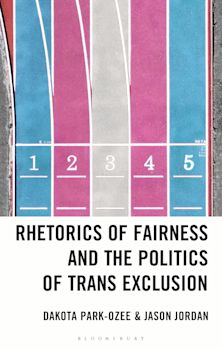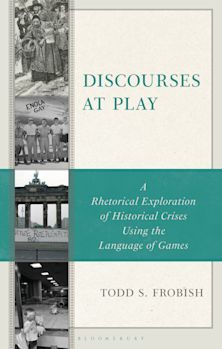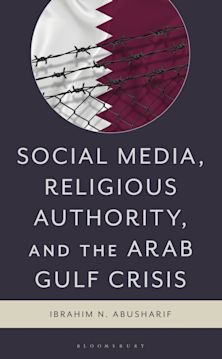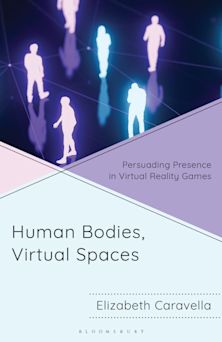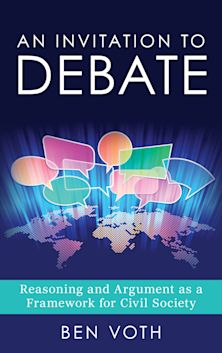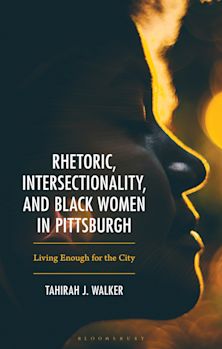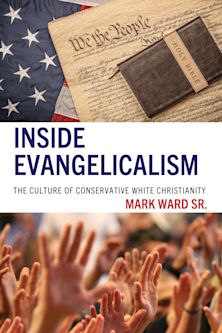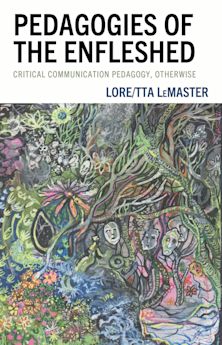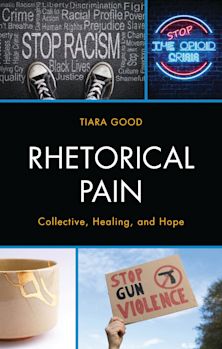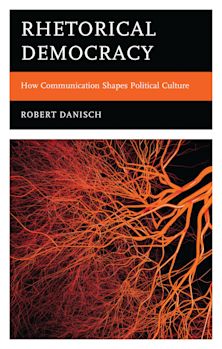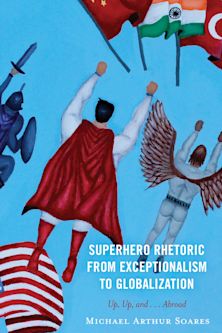Rhetoric, Race, Religion, and the Charleston Shootings
Was Blind but Now I See
Rhetoric, Race, Religion, and the Charleston Shootings
Was Blind but Now I See
Description
Rhetoric, Race, Religion, and the Charleston Shootings: Was Blind but Now I See is a collection focusing on the Charleston shootings written by leading scholars in the field who consider the rhetoric surrounding the shootings. This book offers an appraisal of the discourses – speeches, editorials, social media posts, visual images, prayers, songs, silence, demonstrations, and protests – that constituted, contested, and reconstituted the shootings in American civic life and cultural memory. It answers recent calls for local and regional studies and opens new fields of inquiry in the rhetoric, sociology, and history of mass killings, gun violence, and race relations—and it does so while forging new connections between and among on-going scholarly conversations about rhetoric, race, and religion. Contributors argue that Charleston was different from other mass shootings in America, and that this difference was made manifest through what was spoken and unspoken in its rhetorical aftermath. Scholars of race, religion, rhetoric, communication, and sociology will find this book particularly useful.
Table of Contents
Sean Patrick O'Rourke
Melody Lehn
Part I: The Killer's Manifesto: Rhetorics of the Lost Cause and Race Warfare
1 “The South Shall Rise Again”: Setting the Lost Cause Myth in Future Tense in Dylann Roof's Manifesto
Margaret Franz
2 Charleston and the Postracial Logics of “Race War”
Daniel A. Grano
Part II: Gun Control: The Debates That Did Not Happen and the Language of Lynching
3 The Racial Politics of Gun Violence: A Brief Rhetorical History
Craig Rood
4 The Charleston Church Shooting and the Public Practice of Forgetting Lynching
Samuel P. Perry
Part III: Civic Eulogies and Exhortations: The Responses of Barack and Michelle Obama
5 The Act of Forgiveness in Barack Obama's Eulogy for the Honorable Reverend
Clementa Pinckney, Charleston, South Carolina, June 26, 2015
David A. Frank
6 Challenging the Myth of Postracialism: Exhortation, Strategic Ambiguity, and Michelle Obama's Respon
Product details
| Published | Nov 12 2019 |
|---|---|
| Format | Ebook (PDF) |
| Edition | 1st |
| Extent | 1 |
| ISBN | 9781978787650 |
| Imprint | Lexington Books |
| Illustrations | 1 b/w photos; |
| Series | Rhetoric, Race, and Religion |
| Publisher | Bloomsbury Publishing |
Reviews

ONLINE RESOURCES
Bloomsbury Collections
This book is available on Bloomsbury Collections where your library has access.













